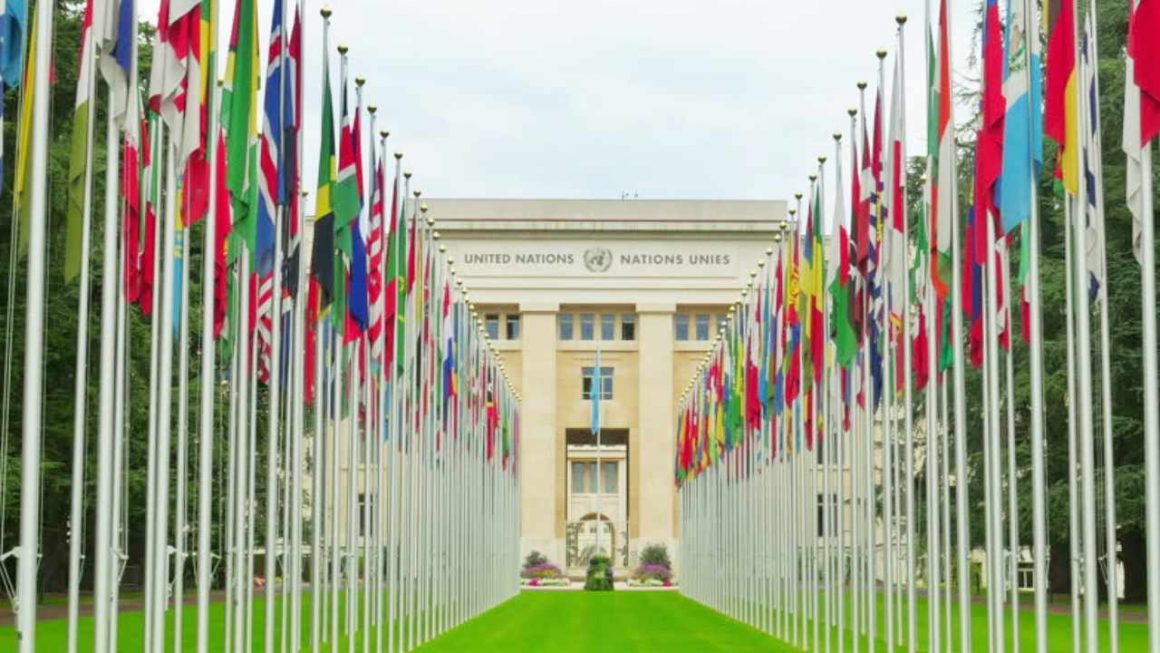The UN trade body has recommended a series of policy actions to “curb the expansion of cryptocurrencies in developing countries.” The intergovernmental group stressed that the widespread use of cryptocurrencies as a means of payment could jeopardize countries’ monetary sovereignty.
UN Trade Organization Crypto Policy Recommendations
The United Nations Conference on Trade and Development (UNCTAD) last week urged authorities in developing countries around the world to take action to prevent the spread of cryptocurrencies.
UNCTAD is a permanent intergovernmental body established by the UN General Assembly in 1964. It is part of the UN Secretariat. Reporting to the UN General Assembly and the Economic and Social Council, UNCTAD has 204 projects in 195 member states and 70 countries, according to its website.
“The global use of cryptocurrencies has increased exponentially during the Covid-19 pandemic, including in developing countries,” the group noted.” While these private digital currencies reward some and facilitate remittances, they are unstable financial assets that can also pose social risks and costs.”
The intergovernmental agency elaborated.
If cryptocurrencies become popular as a means of payment and even informally replace domestic currencies (a process called encryption), it could jeopardize the monetary sovereignty of countries.
“While cryptocurrencies can facilitate remittances,” UNCTAD explains, “they can also enable tax evasion and avoidance through illicit flows, as if to a tax haven where the owner cannot be easily identified.” Thus, cryptocurrencies may also curtail the effectiveness of capital controls, which are an important tool for developing countries to maintain policy space and macroeconomic stability.”
The trade group explained that it has released three related policy briefs: one issued on June 13 outlining the high costsof leaving cryptocurrencies unregulated; another, issued on June 22, outlining cryptocurrency financial stability and security The third brief, issued on August 10, focuses on the potential for cryptocurrencies to underminedomestic resource mobilization in developing countries.
One country that has adopted bitcoin as legal tender alongside the U.S. dollar, despite repeated warnings from the International Monetary Fund (IMF), is El Salvador. The country has purchased 2,381 bitcoins for its treasury sinceBTCbecame legal tender. The country has purchased 2381 bitcoins for its treasury since BTCbecame legal tender last September.
UNCTAD recommends a series of policy actions and “urges authorities to take the following actions to curb the expansion of cryptocurrencies in developing countries.”
The first recommendation is to “ensure comprehensive financial regulation of cryptocurrencies through regulating crypto exchanges, digital wallets, and decentralized finance and prohibiting regulated financial institutions from holding cryptocurrencies (including stablecoins) or offering related products to customers.” This is the first step in the process.
Next, authorities should “restrict advertising related to cryptocurrencies,” “provide a secure, reliable, and affordable public payment system adapted to the digital age,” and “agree on and implement global tax coordination on the tax treatment, regulation, and information sharing of cryptocurrencies.” The last recommendation urges authorities to.
redesign capital regulations to take into account the decentralized, borderless, and pseudonymous characteristics of cryptocurrencies.
Image credits: Shutterstock, Pixabay, Wiki Commons, lev radin.

